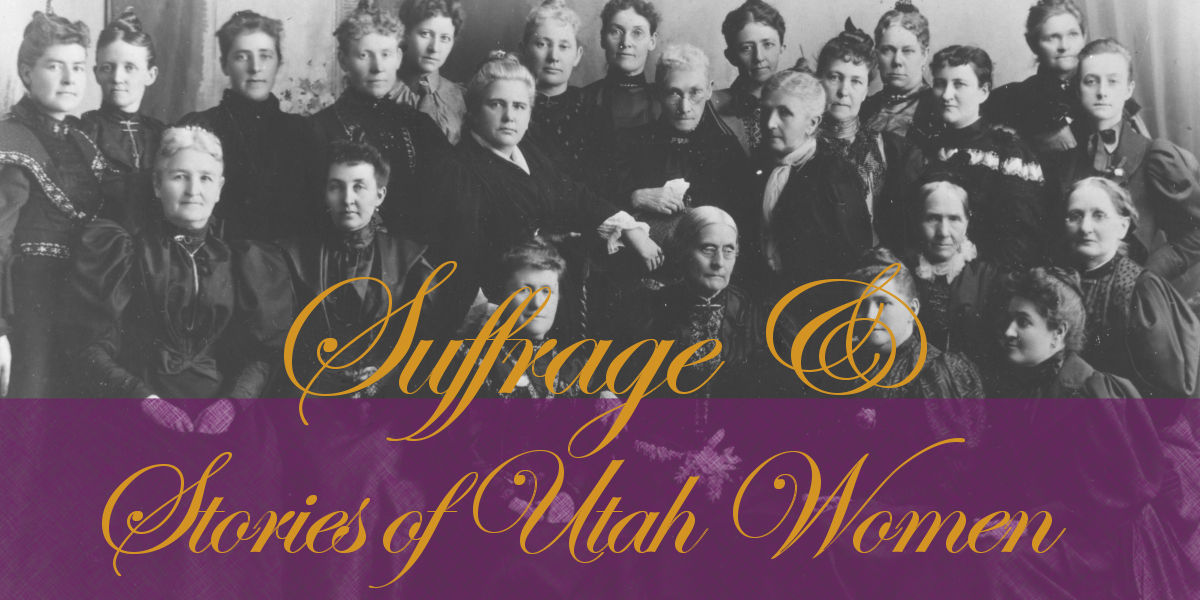
Alberta Hill Henry: Stories of Utah Women
Alberta Hill was born in Louisiana in 1920, where her parents worked as sharecroppers. As African Americans, they were discriminated against in Louisiana. When she was three, her family moved to Kansas where they hoped for a better racial climate and educational opportunities for their children.
When Alberta was a teenager she was in a car accident. A piece of glass cut her just above her eye and she needed stitches. She demanded a black doctor to treat her after having only white physicians care for her. There was only one African American doctor on staff and he gave Alberta the stitches she needed. It was this experience which made Alberta aware of how few African Americans received higher education.
In 1941 Alberta married a man named Gooch, and seven years later suffered a burst appendix. Doctors thought that she would die from the infection, but with intensive care from family and six months of recovery time Alberta recovered fully. She divorced Gooch and decided to visit some friends in Salt Lake City to get a change of scenery and hopefully continue her recovery. Though she didn’t love Salt Lake City on her visit, she felt inspired to stay. She met Harold Henry at the Porters and Waiters Club and married him in 1950. They eventually adopted two children, Julia and Wendell.
Alberta Henry was disturbed at how few African Americans there were at the University of Utah, and also how few graduated. This inspired her to create the Alberta Henry Scholarship, which helped African American students pay their tuition and complete their studies for graduation. It grew rapidly and helped hundreds of students graduate. She worked for the NAACP for several years and helped found drill teams in order to help students learn discipline. For her work she was awarded an honorary doctorate degree from the University of Utah.
In 1967, the first Head Start Center in Salt Lake hired her as a teacher’s aide where she later also became the parent coordinator. In 1972 she was asked to become a minority consultant for the Salt Lake City school district. She was the first African American to be employed by the school district, and she acted as a liaison to African American families.
In 1975 Aberta served on the Black Affairs Advisory Council. The Council was made to improve the quality of life for African Americans and help improve communication between the state government and the community.
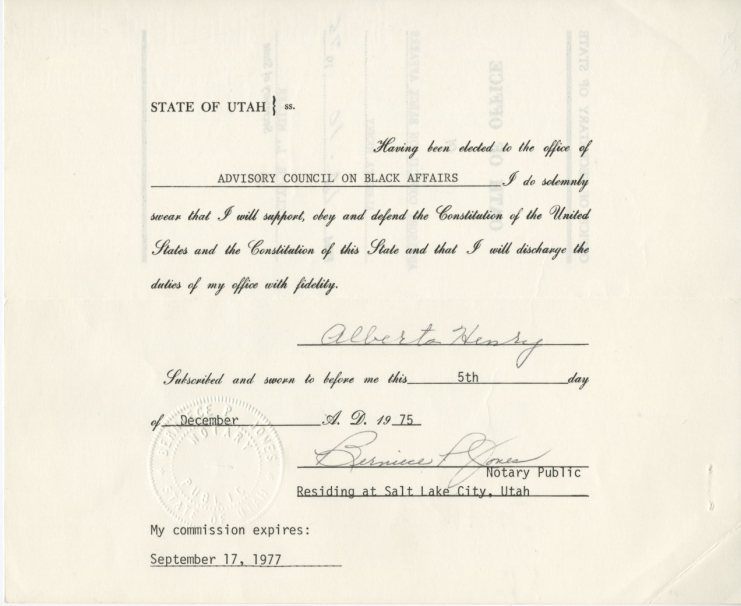
One year later in 1976 she served on the Utah House of Representatives Fellowships commission.
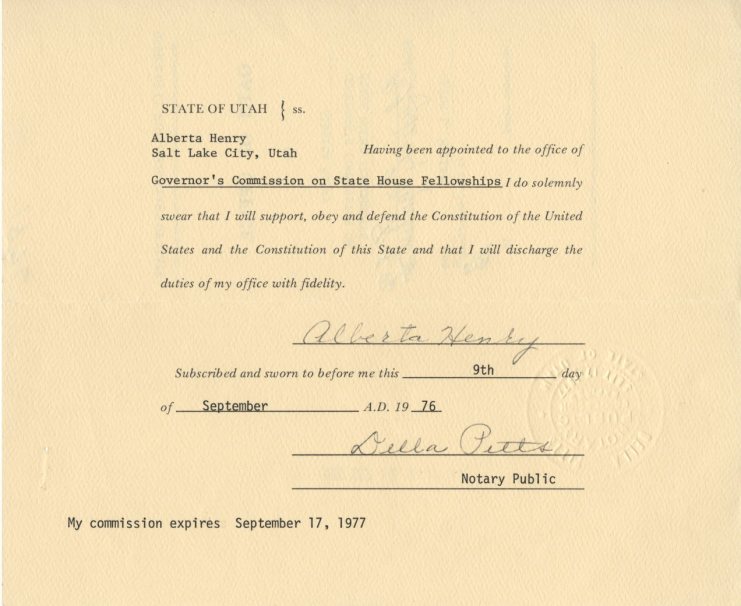
Eventually Alberta went to school herself and earned a B.S. in Elementary Education in 1980 at the age of 59. She served as the President of the NAACP from 1980 to 1992. She passed away in 2005 of cancer. The Alberta Henry Scholarship Foundation is still operating today.
Sources
“Alberta Henry,” Utah Women’s Walk: Honoring the Women of Utah, accessed January 15, 2020, https://utahwomenswalk.org/Honorees/alberta-henry/
“Alberta Henry,” Aileen H Clyde 20th Century Women’s Legacy Archive, University of Utah, Accessed January 15, 2020, https://exhibits.lib.utah.edu/s/aileen-h-clyde-20th-century-women-s-legacy-archive/page/alberta-henry
Dr. Kathleen Christy, “Alberta Henry Hill: Champion of Racial and Educational Equity,” Better Days 2020, Accessed January 15, 2020. https://www.utahwomenshistory.org/bios/alberta-henry/
Whitley, Colleen. “Alberta Mae Hill Gooch Henry (1920-): ‘Feed My Sheep.’” In Worth Their Salt Too: More Notable But Often Unnoted Women of Utah, 247-264. University Press of Colorado, Utah State University Press, 2000. https://www.jstor.org/stable/j.ctt4cgpjz.18?seq=19#metadata_info_tab_contents
Recent Posts
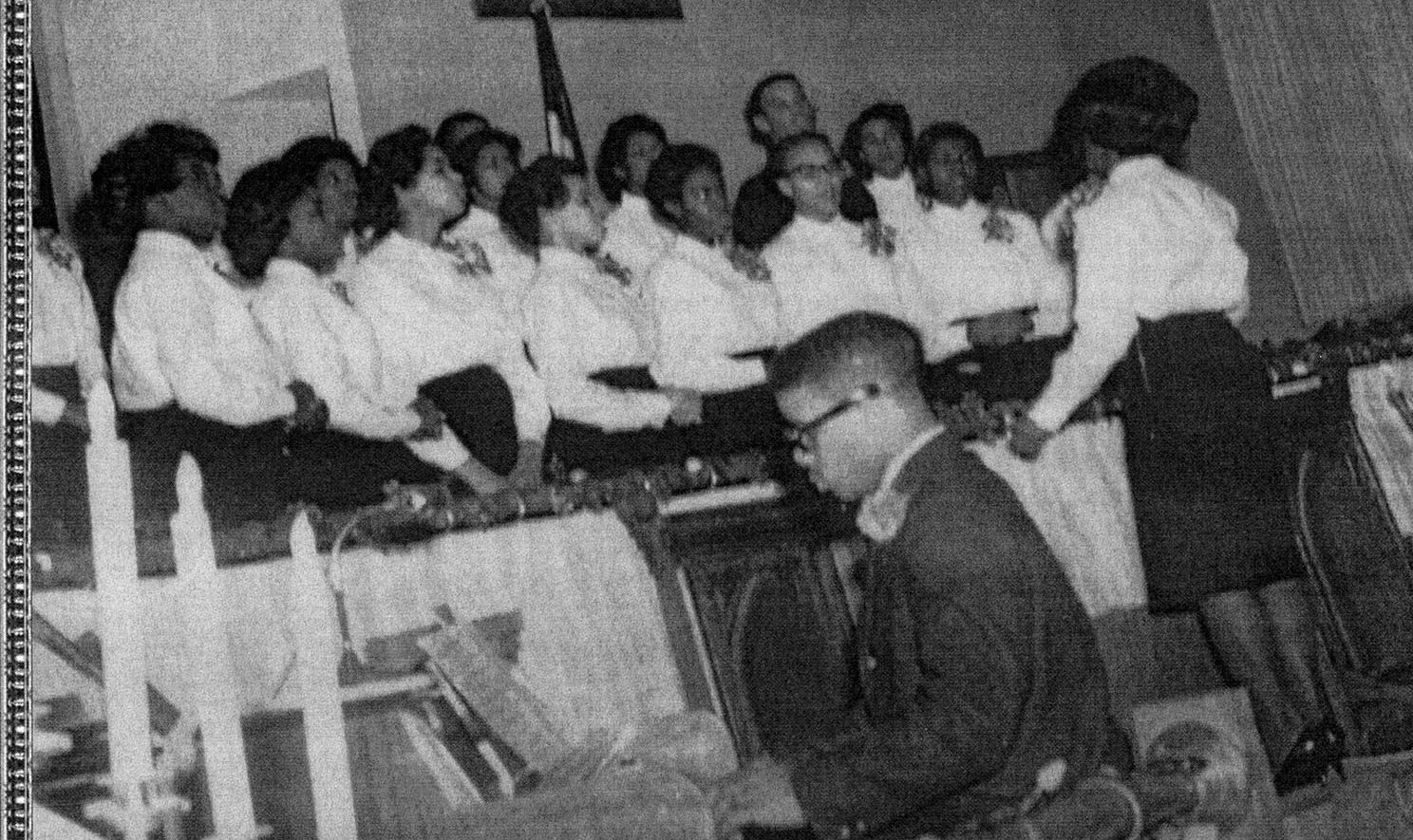
From Pews to Pixels: Weber State’s Stewart Library Digitizes New Zion Baptist Church’s Legacy
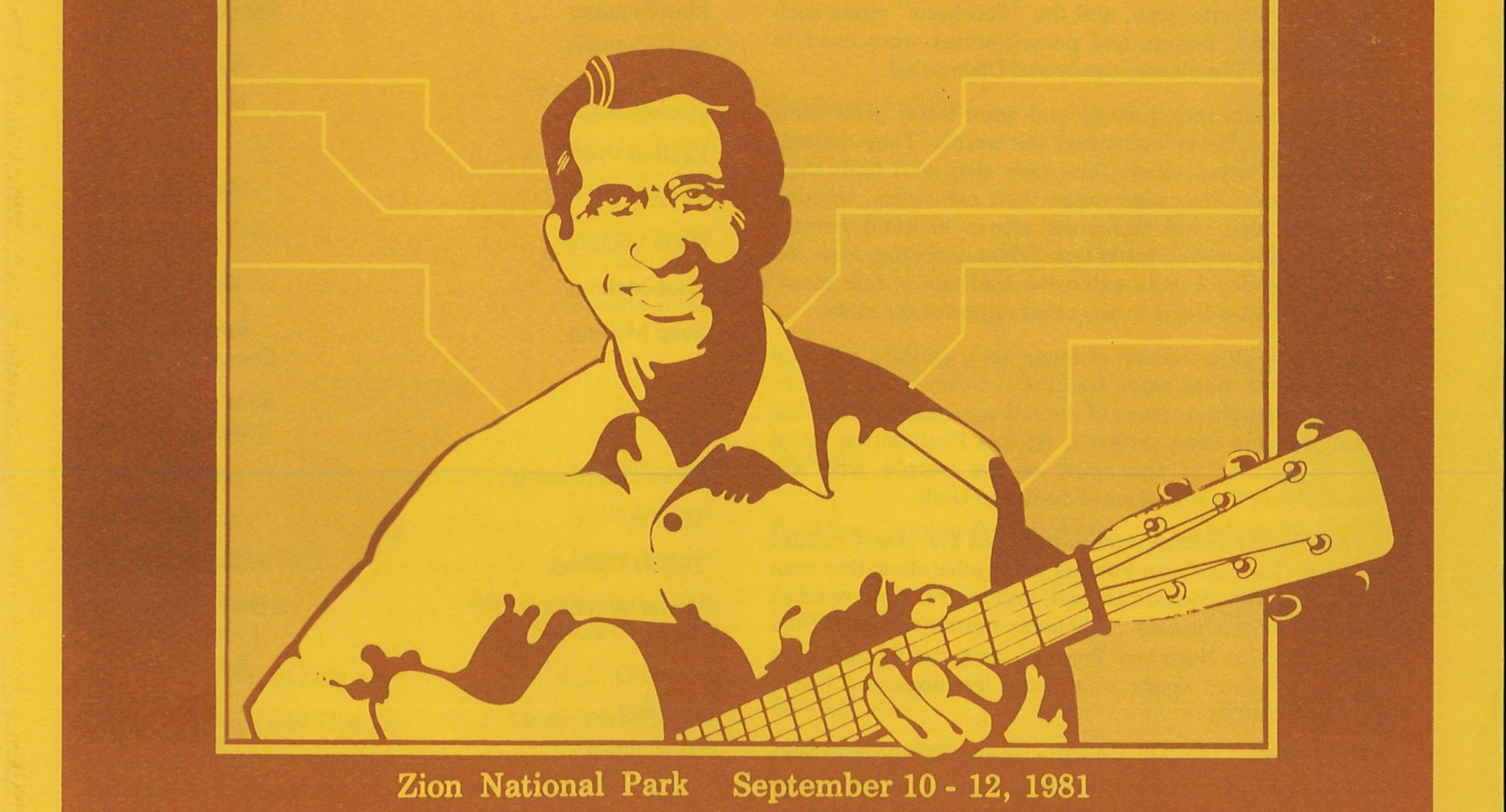
New Finding Aids at the Archives: March 2024
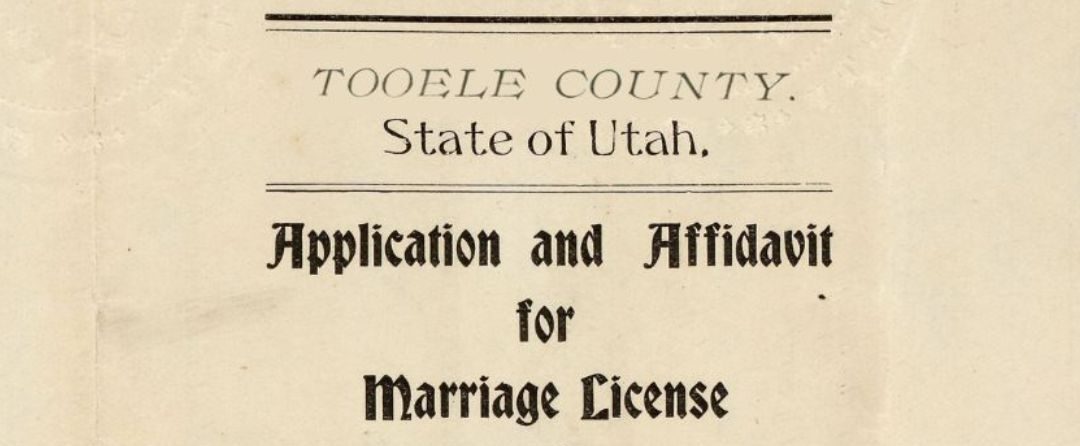
Sealing the Deal: Tooele County Clerk’s Office Unlocks the Vault with Historic Marriage Records
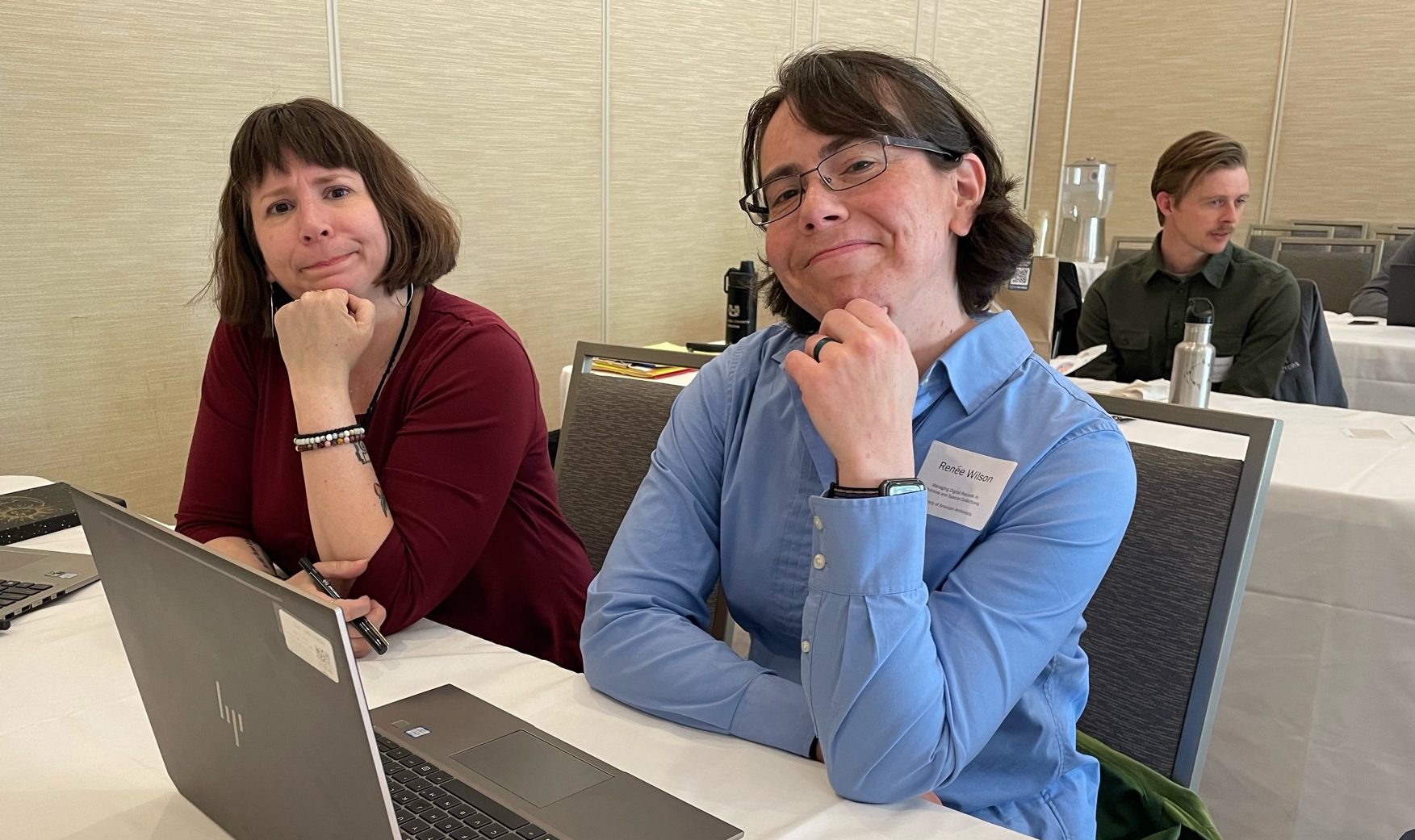
Summer 2024 Internships
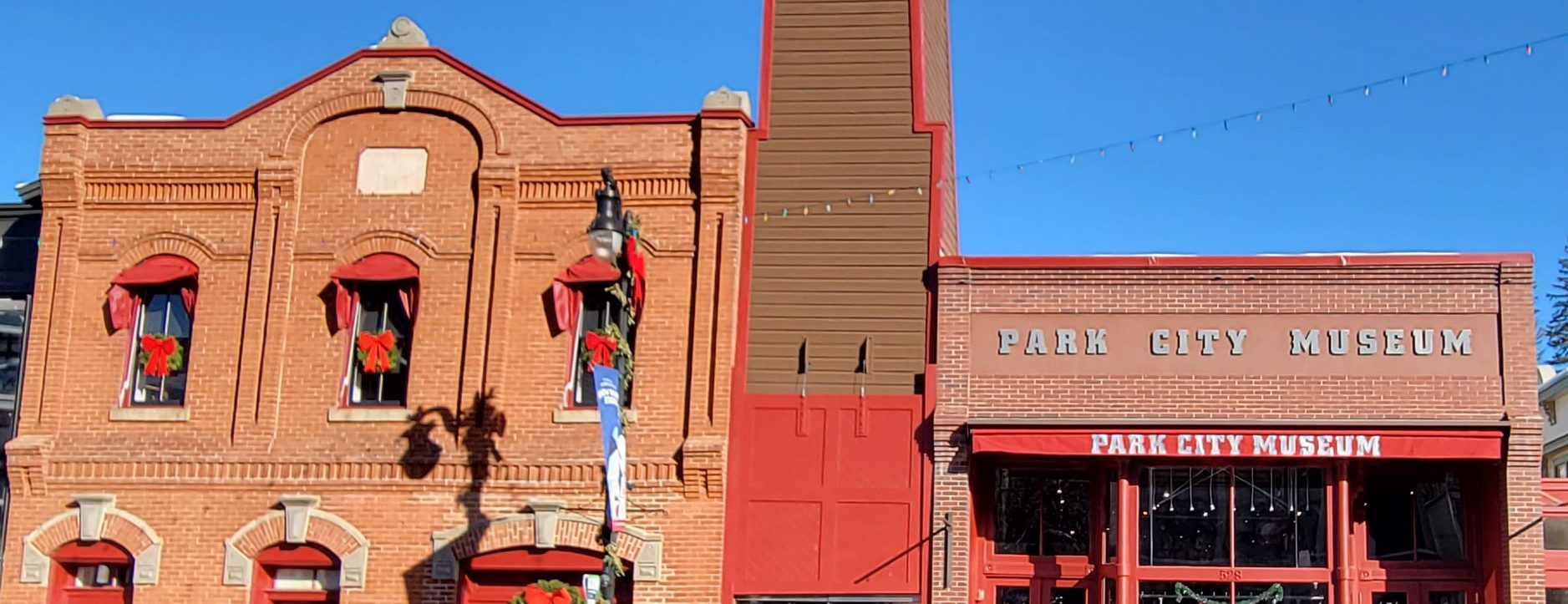
Developing History: Park City Museum’s Snapshot into the Past
Authors
Categories
- Digital Archives/
- Electronic Records/
- Finding Aids/
- General Retention Schedules/
- GRAMA/
- Guidelines/
- History/
- Legislative Updates/
- News and Events/
- Open Government/
- Records Access/
- Records Management/
- Records Officer Spotlights/
- Research/
- Research Guides/
- State Records Committee/
- Training/
- Uncategorized/
- Utah State Historical Records Advisory Board/